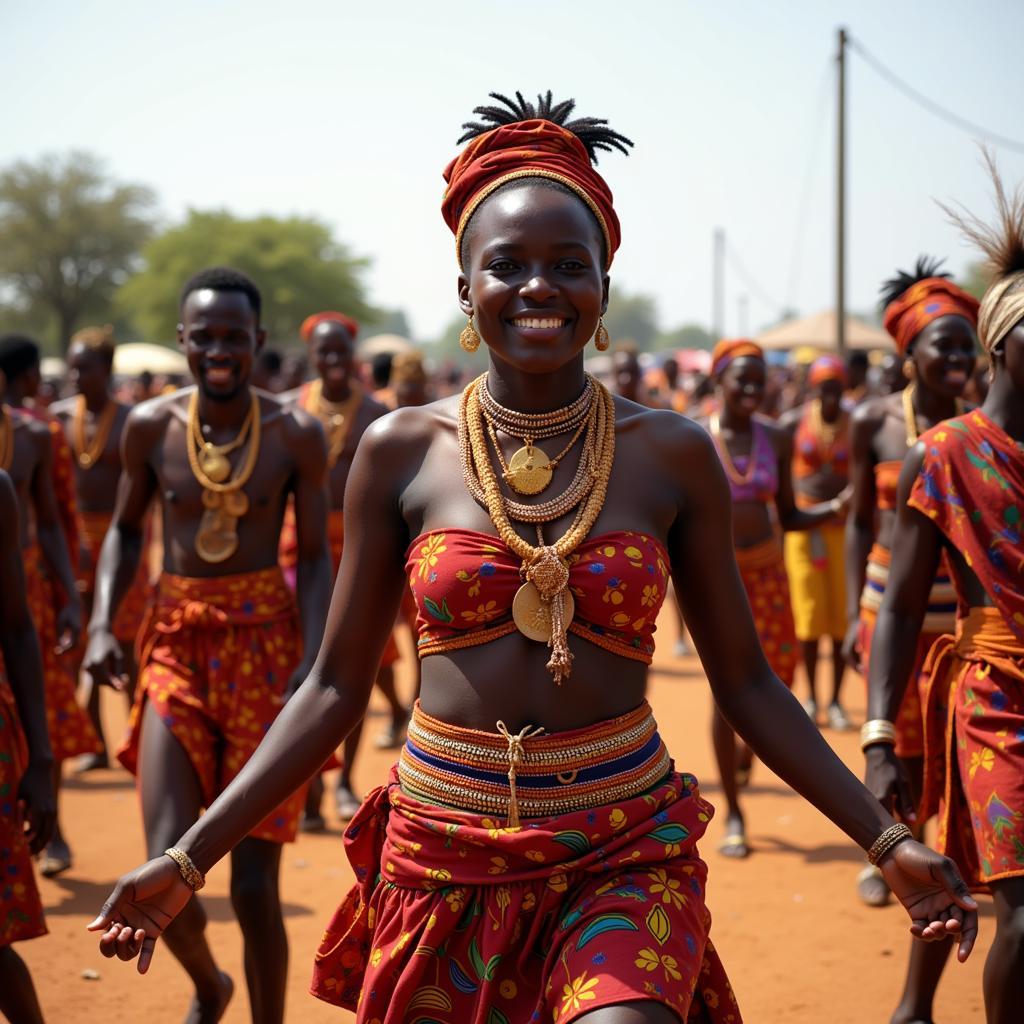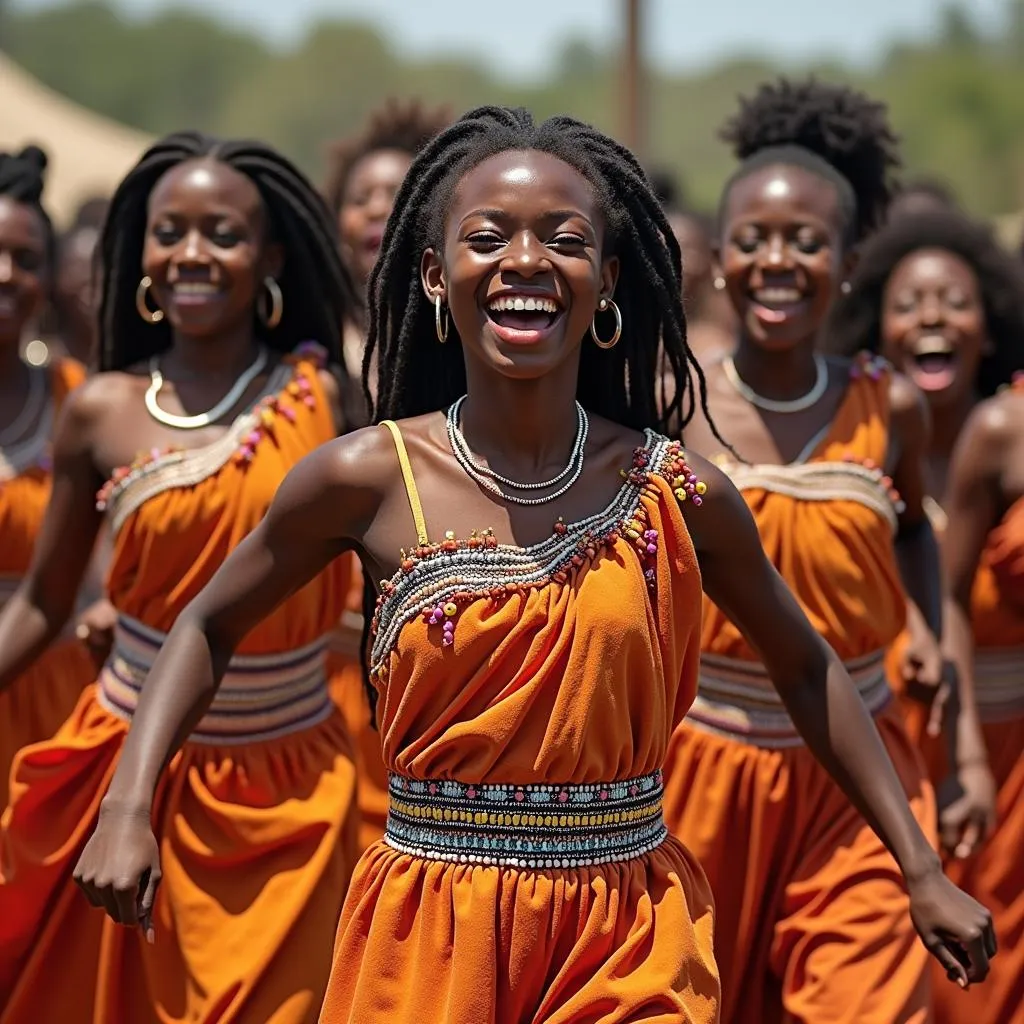African Americans in Cinematography: A Legacy of Talent and Resilience
African Americans have made significant contributions to the world of cinema, leaving an indelible mark on the art form since its inception. Despite facing systemic racism and limited opportunities, their talent, perseverance, and unique perspectives have shaped the cinematic landscape, enriching storytelling and challenging narratives. This article explores the impactful journey of African Americans In Cinematography, highlighting their triumphs, struggles, and enduring legacy.
Early Pioneers and the Struggle for Representation
The early 20th century witnessed the emergence of pioneering African American filmmakers who navigated a burgeoning industry rife with discrimination. These trailblazers, often relegated to producing “race films” for segregated audiences, confronted limited resources and stereotypical portrayals. Despite these challenges, they laid the groundwork for future generations, showcasing the richness of Black life and challenging prevailing narratives.
Breaking Barriers: From the Civil Rights Era to Blaxploitation
The Civil Rights Movement ignited a cultural shift, influencing the cinematic landscape and providing a platform for Black voices to be heard. Actors like Sidney Poitier broke down barriers, becoming the first African American to win the Academy Award for Best Actor. The rise of Blaxploitation films in the 1970s, while controversial for their depictions of Black stereotypes, also provided opportunities for Black filmmakers and actors to control their narratives and achieve commercial success.
The New Wave and Independent Voices
The late 20th century witnessed a resurgence of independent Black cinema, with filmmakers like Spike Lee, John Singleton, and Julie Dash offering fresh perspectives and challenging societal norms. These artists explored themes of race, identity, and social justice, captivating audiences with their raw and authentic storytelling.
The Rise of Black Women in Film
Black women have always been instrumental in shaping cinematic narratives, but their contributions have often been overlooked. Today, trailblazers like Ava DuVernay, Shonda Rhimes, and Dee Rees are breaking down barriers, directing critically acclaimed films and television shows that amplify diverse voices and offer nuanced perspectives on Black womanhood.
A Legacy of Excellence and Continued Progress
African Americans have left an indelible mark on cinematography, shaping the art form through their creativity, resilience, and commitment to authentic storytelling. While challenges remain, the future of Black cinema is bright, with a new generation of filmmakers poised to carry the torch, pushing boundaries and inspiring audiences worldwide.
Conclusion
The journey of African Americans in cinematography is a testament to their unwavering spirit and artistic brilliance. From the early pioneers who fought for representation to the contemporary voices reshaping narratives, their contributions have enriched cinema and continue to inspire generations of filmmakers. As we celebrate their achievements, let us also acknowledge the ongoing struggle for equity and inclusion in the industry, ensuring that diverse stories are told and celebrated for generations to come.



